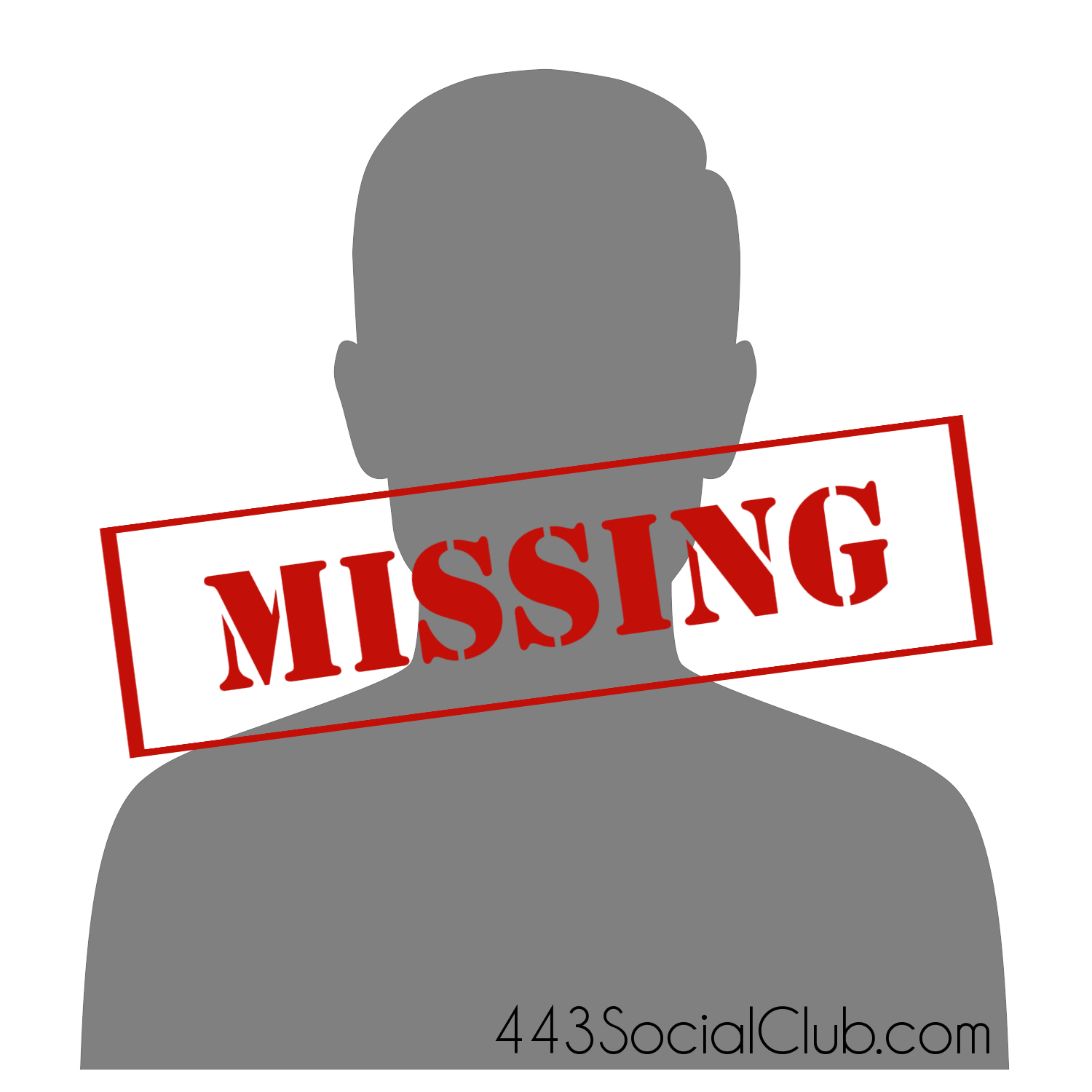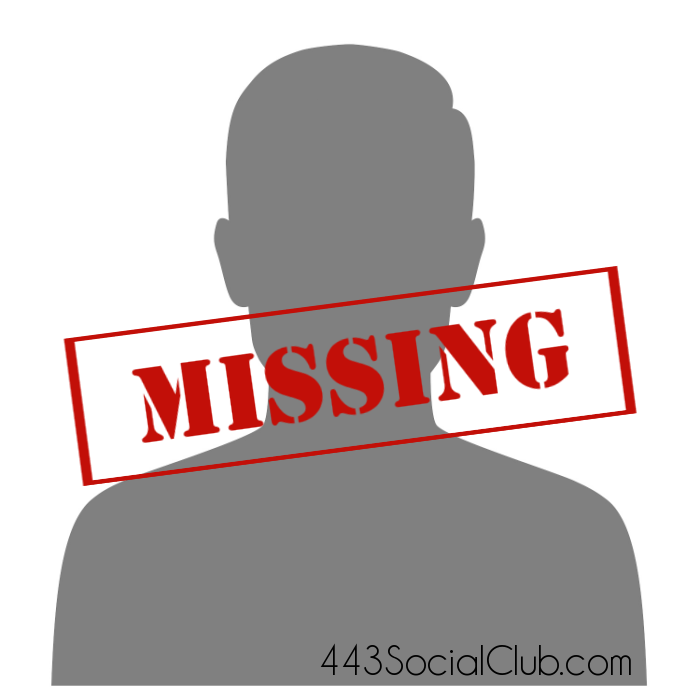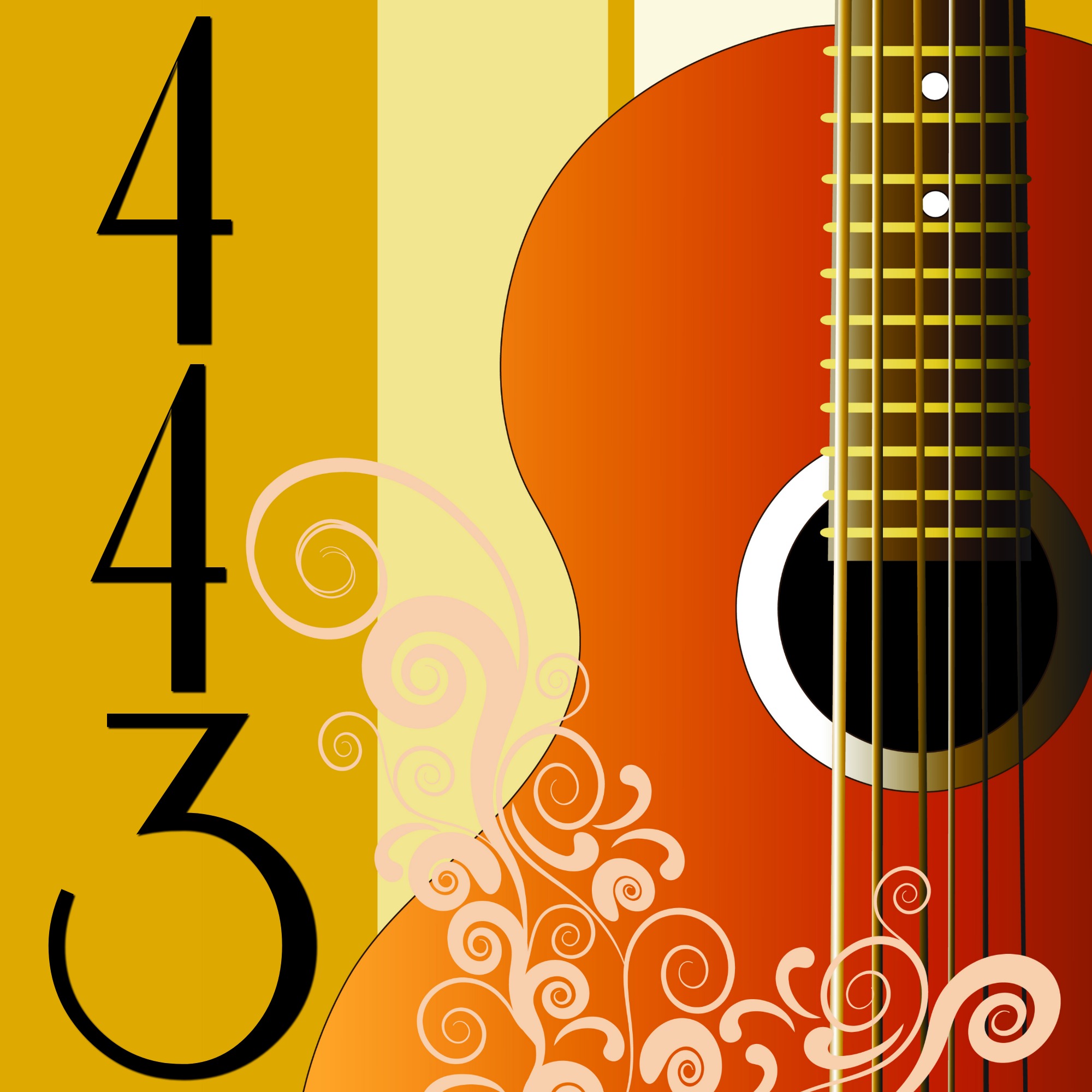
It’s no secret that the live music industry has been all but decimated by the COVID-19 roller coaster of the last two years.
It’s tough to keep a business running when your existence depends on gathering large groups of people together – and that happens to be the one thing that puts people at risk of catching a potentially deadly infection. Live music, the arts, and the events industry have been among those most impacted by COVID.
On top of all that, we are dealing with an ugly new development – a massive spike in “No Show” ticket holders.
The industry average for no-shows in normal times is 5-8%. It’s naturally going to be lower at large venues with high ticket prices and higher in small venues like ours. You’re going to think twice about giving up a $100-$200+ ticket, but maybe not so much for the one you paid 15 bucks for, right?
We all knew this was going to be a tricky winter, but I don’t think anyone anticipated the massive increase in guests who are just… MISSING. No call, no show. The no-show rate right now is 20-40% and it’s devastating for venues.

I think a lot of music fans have the attitude of, “Hey – I paid for a ticket for a show I’m not attending…it’s all good”.
Actually, it’s not.
Like, really, really NOT “all good”.
You are hurting live music venues when you no-call/no-show, no matter what the size. But in a small venue like ours, every. single. seat. matters.
Just about all the money we take in from show tickets goes to the performer and our portion (hopefully) covers our sound tech and maybe the guy at the door checking tickets. Buying a ticket and not showing up is better than not buying a ticket at all because it means the artist still gets that revenue. But, it hurts the venue – we make our money from selling attendees food and drink, so if your seat sits empty you are actually costing us money. It’s especially devastating when we have a long waitlist of folks who would love to attend the show and would have been happy to take your seat and buy a few cocktails.
In late fall, I hit the pause button on booking for December and January because it just didn’t seem like a smart idea to try and run a full calendar. We’re doing 1-2 shows a week (if that) rather than our usual 4-6. Even so, right now every show is a Herculean task to pull off.
As I’m typing this, I’m recovering from our “sold-out” show with guitar legend Albert Lee last night. His show shattered our previous record and sold out in just 24 hours. The waitlist was MASSIVE. Still, the week before the show, the wave of cancellations started coming in…and it was almost all COVID-related. Exposure, symptoms, and/or a positive test. Catching COVID feels inescapable right now, even for people who are cautious, masked, vaxxed, and boosted. I am so appreciative that most of our guests let us know when they can’t make it, and I get it. They don’t want anyone else to get sick. Being in a crowded room right now is scary. Many of us are weighing the risks before we do anything. If we have a little advance notice, we can plan accordingly and we’re also more flexible with our normal “no refund” policy.
I spent more hours than I can count this week frantically trying to resell tickets, sometimes multiple times. I actually ran through the entire waitlist and everyone who was still interested was able to get in. Even so, I still had a couple of open tables going into the night. All things considered, that’s not so bad… and as much extra work as it was, it’s the right thing to do with Omicron exploding everywhere. We’re grateful our people always err on the side of caution, and even more grateful when they let us know so we can make adjustments.
Unfortunately, after all the shuffling around there were still several tables that did not have the grace and courtesy to let us know their plans changed. No-call/No-shows create a cascade effect of lost revenue because aside from the lost sales from the table, we plan our shifts based on tickets sales – scheduling staff, ordering supplies, prepping food…all of it. 5-7 empty tables may not sound like a lot but it makes a bigger impact than you think in a tiny room like ours.
Anyone in this business for any length of time is used to rolling with the punches. If I have a super-power, it’s my ability to think on my feet and deal with the weird and unexpected during shows. The singer just passed out cold on stage? No problem. The band canceled at the 11th hour? I’ll replace them. We need to locate a space heater for a performer on the hottest day of the summer? Got it covered. The singer won’t go on until we bring him ham chunks (yes – HAM CHUNKS) cut in a very particular way and the runner has been to the store 3 times already? We’ll figure it out.
(Yes, these are all real scenarios I’ve tackled at shows over the years…OYE!)
But the sheer volume of people “ghosting” us on shows is soul-crushing, not to mention – it’s wreaking havoc on our budget.
Will this new trend fade away when COVID does or is this our new normal? Nobody knows, but venue owners everywhere are trying hard to figure it out. I recently participated in a Zoom meeting with other New York venue owners courtesy of NYIVA. Everyone is grappling with lower than normal ticket sales plus the explosion of no-shows at venues of all sizes. Many are even starting to oversell their rooms, counting on the fact that a good percentage won’t bother showing up. That works in a standing-room-only venue, but it’s a potential disaster in a listening room-style venue like ours. You KNOW the one time I oversell the room everyone would show up and I’d have anarchy on my hands.
The problem with ghosting ticket holders is, you can’t fix it unless you’re lucky enough to have a bunch of walk-ups wander in at the last minute. You can drag the dead drunk singer off the stage, replace the band, and locate the one weird thing the band must have in order to perform, but you can’t magically put bodies into the seats after a show starts. It just doesn’t work that way.
I don’t know what the answer is, but it’s one of the biggest problems facing live music venues today.


